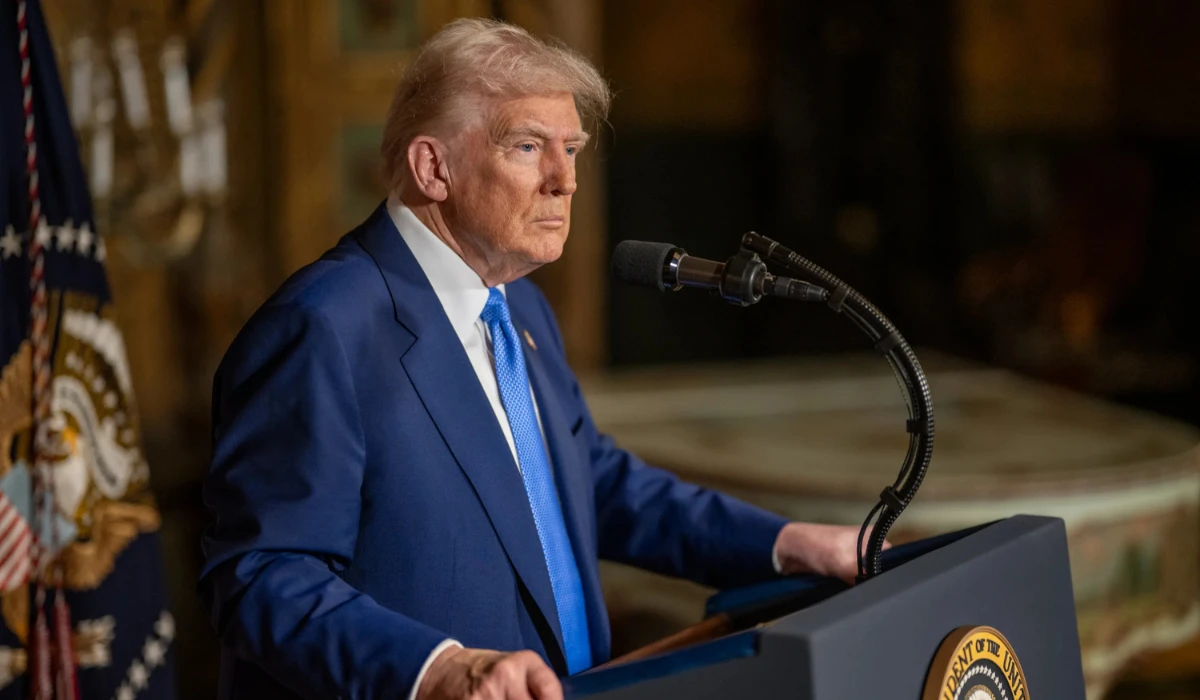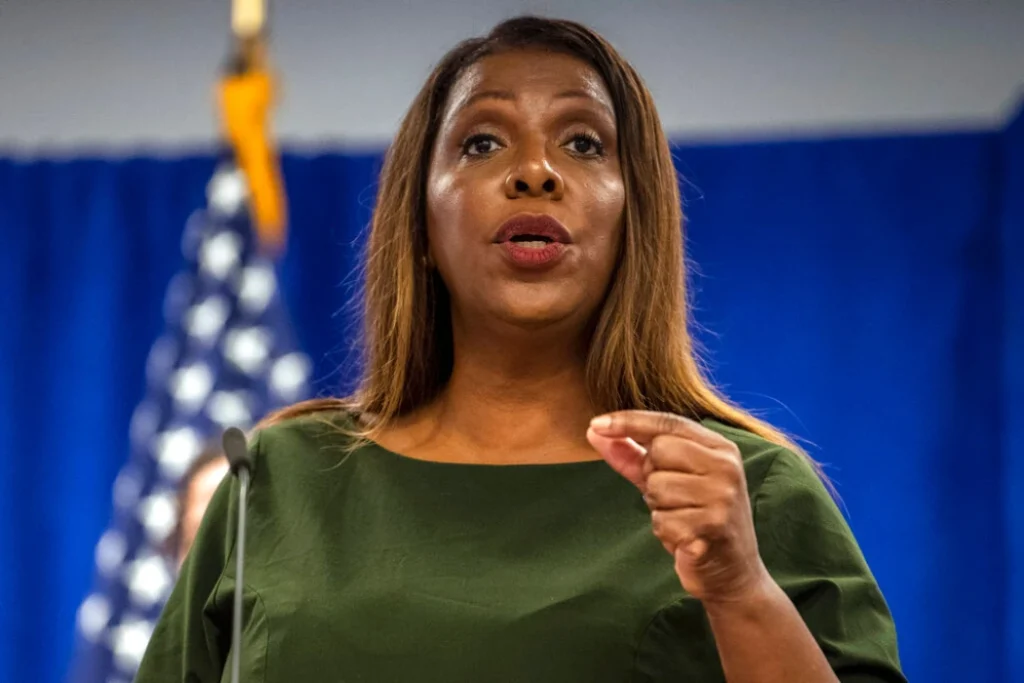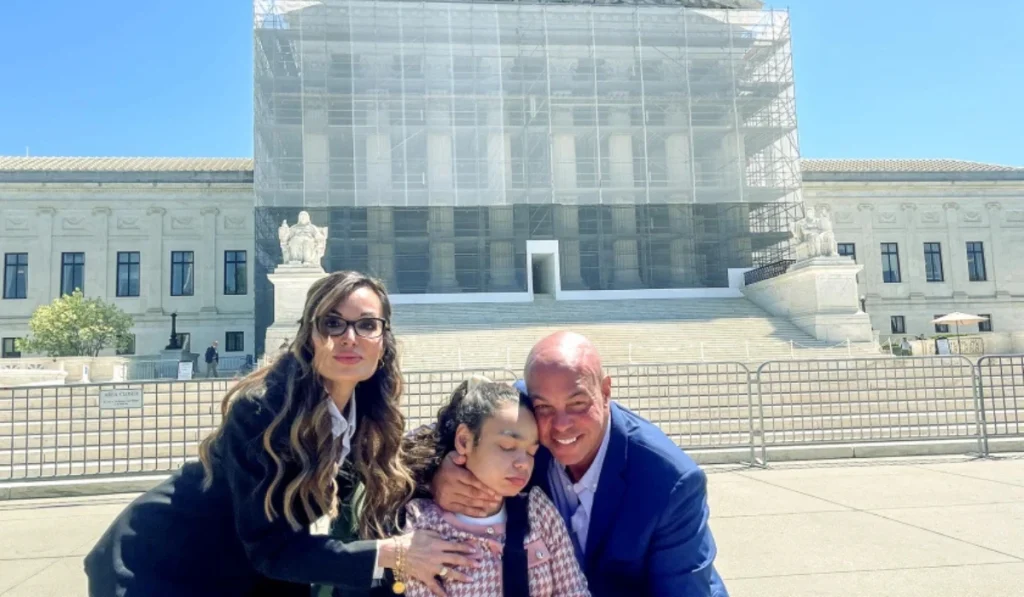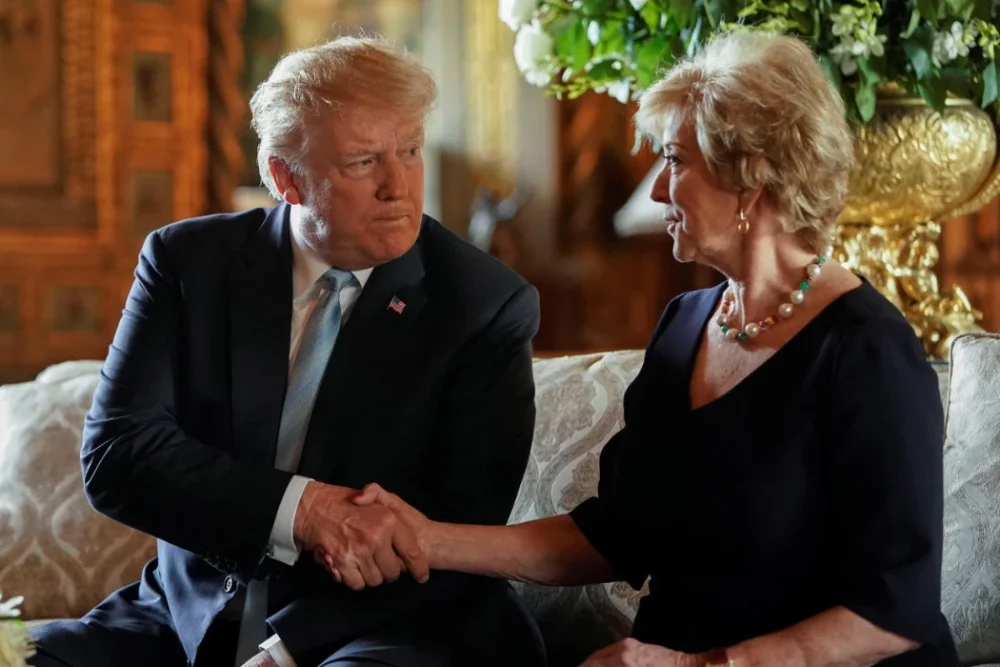In a sweeping and controversial move, the Trump administration has decided to halt nearly $1 billion in federal mental health grants designed to expand psychological services in schools across the country. The grants, originally enacted as part of a bipartisan response to the 2022 Robb Elementary School shooting in Uvalde, Texas, were authorized under the Bipartisan Safer Communities Act and had garnered support across party lines as a critical investment in school safety and student wellbeing.
The announcement, made late Tuesday via an internal Education Department memo obtained by POLITICO, cited a shift in administration priorities and concerns that the grant programs “reflect the prior Administration’s preferences,” which are “not legally binding.” Brandy Brown, Deputy Assistant Secretary in the Office of Legislative Affairs, wrote that the Department reviewed each grant individually and found them to be out of step with the Trump administration’s current education policies.
This abrupt decision has left many state and local education agencies scrambling, as the now-cancelled grants had been funding the training and hiring of school psychologists, counselors, and social workers, positions that are already in short supply in many districts.
“These grants are intended to improve American students’ mental health by funding additional mental health professionals in schools and on campuses,” said Education Department spokesperson Madi Biedermann. “Instead, under the deeply flawed priorities of the Biden Administration, grant recipients used the funding to implement race-based actions like recruiting quotas in ways that have nothing to do with mental health and could hurt the very students the grants are supposed to help.”
Biedermann’s remarks reflect a growing ideological divide between the Trump administration and past federal education policies around diversity, equity, and inclusion (DEI). The administration has argued that some mental health grant recipients tied program recruitment goals or training materials to DEI principles, which they claim violate the “letter or purpose of federal civil rights law.” However, critics argue this is an excuse to roll back progress on school safety.
The backlash from lawmakers and public safety advocates was swift.
“Republican leaders worked side by side with Democrats to allocate these funds to save lives and stop school shootings, and now the administration is trampling that progress,” said Emma Brown, executive director of Giffords, a national gun violence prevention organization founded by former Congresswoman Gabrielle Giffords. “This decision will cost American children their lives.”
Representative Rosa DeLauro (D-CT), ranking member of the House Appropriations Committee and a key architect of the original grant program, also blasted the move. “Far too many students in this country have little to no access to mental health services,” she said in a statement. “By canceling these grants, Secretary Linda McMahon is taking a wrecking ball to several years of bipartisan funding agreements and leaving millions of students without the mental health support they need at school.”
The grants were a direct response to the Robb Elementary tragedy, which left 19 children and two teachers dead and reignited national urgency around school safety and mental health. Congress responded by passing the Bipartisan Safer Communities Act, allocating historic funding to bolster school-based mental health services, with a specific focus on high-need and under-resourced districts.
The Trump administration has not detailed what it means by “re-envisioning” its mental health programming, only saying the Department of Education plans to re-compete the funds to better align with its current priorities. That process, however, could take months or longer, and critics fear the damage to school mental health infrastructures could be immediate and long-lasting.
For many districts, this is more than a policy shift; it’s a lifeline being cut. School psychologists and mental health coordinators funded through these grants were often the first line of defense in identifying students in crisis and preventing potential violence.
“The timing and rationale of this decision are appalling,” said a senior official in a large urban school district who requested anonymity. “We’ve worked for years to build a pipeline of trained mental health professionals with this funding. Now, we’re being told the pipeline is shutting down, not because the program failed, but because the administration didn’t like who it helped or how.”
What happens next is uncertain. Legal challenges may emerge, especially as school districts explore whether the grant cancellations violate funding agreements or Congressional intent. Meanwhile, school communities across the country, many already grappling with student mental health crises, face another uphill battle.
“This isn’t just bureaucratic reshuffling,” said Emma Brown of Giffords. “This is life or death.”





